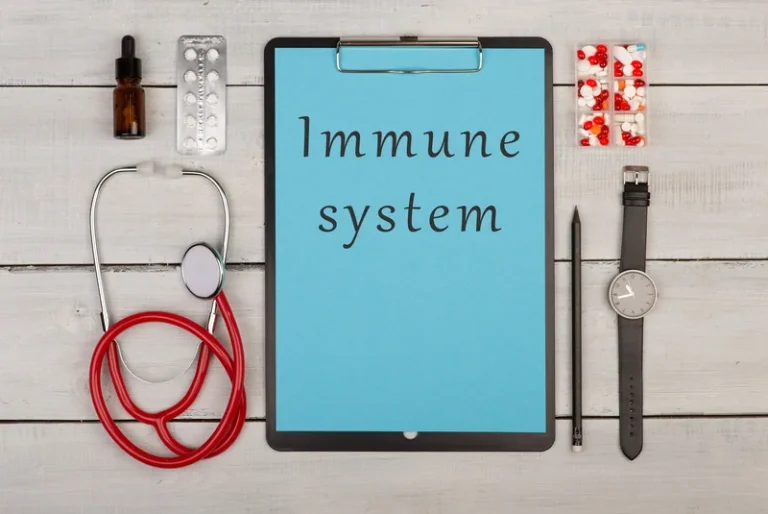Chapter 3 Family Counseling Approaches Substance Use Disorder Treatment and Family Therapy NCBI Bookshelf

Secondary audiences include educators, researchers, policymakers, and healthcare and social service personnel beyond those specifically mentioned above. This Treatment Improvement Protocol (TIP) is structured to meet the needs of professionals with a range of training, education, and clinical experience in addressing SUDs. The primary audience for this TIP is SUD treatment counselors— many, but not all, of whom possess certification in addiction counseling or related professional licensing. Just as others can have an impact on an individual’s substance misuse, the individual’s substance misuse can likewise affect those around them.
Overview of Family-Based SUD Treatment Methods
- The effectiveness of CRA for alcohol-dependent individuals led to applications of the treatment to patients dependent on cocaine and/or opioids.
- Some of the reasons clients stop taking medications include cost, negative side effects, the belief that they are not in recovery because they are substituting one drug for another, or systemic barriers (e.g., having to go to a clinic every day to receive a methadone dose).
A similar pattern offindings has been obtained with methadone-maintained opiate addicts (Abbott et al., 1998). The aim is not to remakepersonality, but rather to help the client address specific, identifiableproblems in such a way that the client is able to apply the basic techniques andskills learned in therapy to the real world, without the assistance of thetherapist. Behavioral therapy focuses more on identifying and changingobservable, measurable behaviors than other therapeutic approaches and hencelends itself to brief work. Treatment is linked to altering the behavior, andsuccess is the change, elimination, or enhancement of particular behaviors. General systems theory focuses on how the parts of a system interact with one another. In general systems theory an individual cell is one example of a system, and in family systems theory the family is essentially its own system.
When To Use Cognitive-Behavioral
For example, if an adolescent child is identified as having a SUD, this will affect the family differently than if a parent has an SUD. The attitudes and beliefs that family members have about SUDs are also of importance as these will influence the individuals as they try to get sober and will influence the efficacy of treatment interventions. For example, if a parent sees a SUD as a moral failing and thinks his or her adolescent child should just use “will power” to quit, this will be important to know if the treating therapist is working from a disease model of addiction.
Horticultural Therapy
- In reversal of dependence needs, the parent’s needs are placed before the child’s.
- Some programs included the individual with the SUD and his or her entire family, whereas others involved everyone except the family member with the SUD; some were couples oriented, and still others treated individuals affected by substance misuse (e.g., children and adult children programs).
- A number of published treatment manuals are available to guide skillstraining with substance users (Carroll,1998; Kadden et al.,1992; Monti et al., 1989).These manuals provide a session-by-session overview of the intervention.
- When families do not move through the life cycle and get stuck, individual members can exhibit clinical symptoms.
- Integrated family counseling is often an excellent way to approach the treatment of SUDs, but you may sometimes need to rule it out because of safety, health, or legal constraints.
For those clients who are married or in a relationship, marital counselingand communication skills training are provided to enhance the quality of therelationship and reduce the stress of substance-related arguments. Couplesare trained to give each other positive attention through compliments,appreciation, affection, and offers to help. A focus is placed on clarifyingexpectations that each partner has about the behavior of the other. Forthose with a problem with alcohol, medication (e.g., disulfiram [Antabuse])monitored by the spouse may be used.
Behavioral Therapy Techniques Based on Classical
Milby and colleaguesprovide an example of a contingency management system incorporated intotreatment that is more relevant to real-life situations of users (Milby et al., 1996). In this study,homeless substance abusers were enrolled in an intensive day treatmentprogram. A subgroup of these clients was also involved in a contingent worktherapy and housing program. As long as the clients remained substance free,they were able to remain in the work program and remain in the therapeutichousing; if they were found to be drinking or using drugs, they becameineligible for both the job training/work program and housing.
Issue 1. How can we develop systematic and reliable measures of the presumed active ingredients of treatment?
If you or a loved one is struggling with addiction, substance abuse counselors are there to help you get sober, feel better, or simply take control of your life. A meta-analysis of studies on meditation published in Alcoholism Treatment Quarterly found that the technique can reducestress, anxiety, tobacco smoking, and alcohol anddrug abuse. Additionally, a clinical trial on mindfulness therapy published substance abuse counseling in the Journal of Consulting andClinical Psychology found yoga was a feasible and effective treatment for opioid abuse and chronic pain. Family counseling is beneficial for family members negatively affected by another person’s addiction. It helps each familymember learn about the impact his or her actions have on others, and it teaches families how to effectively communicateand function.

Common Components of Effective Treatment


